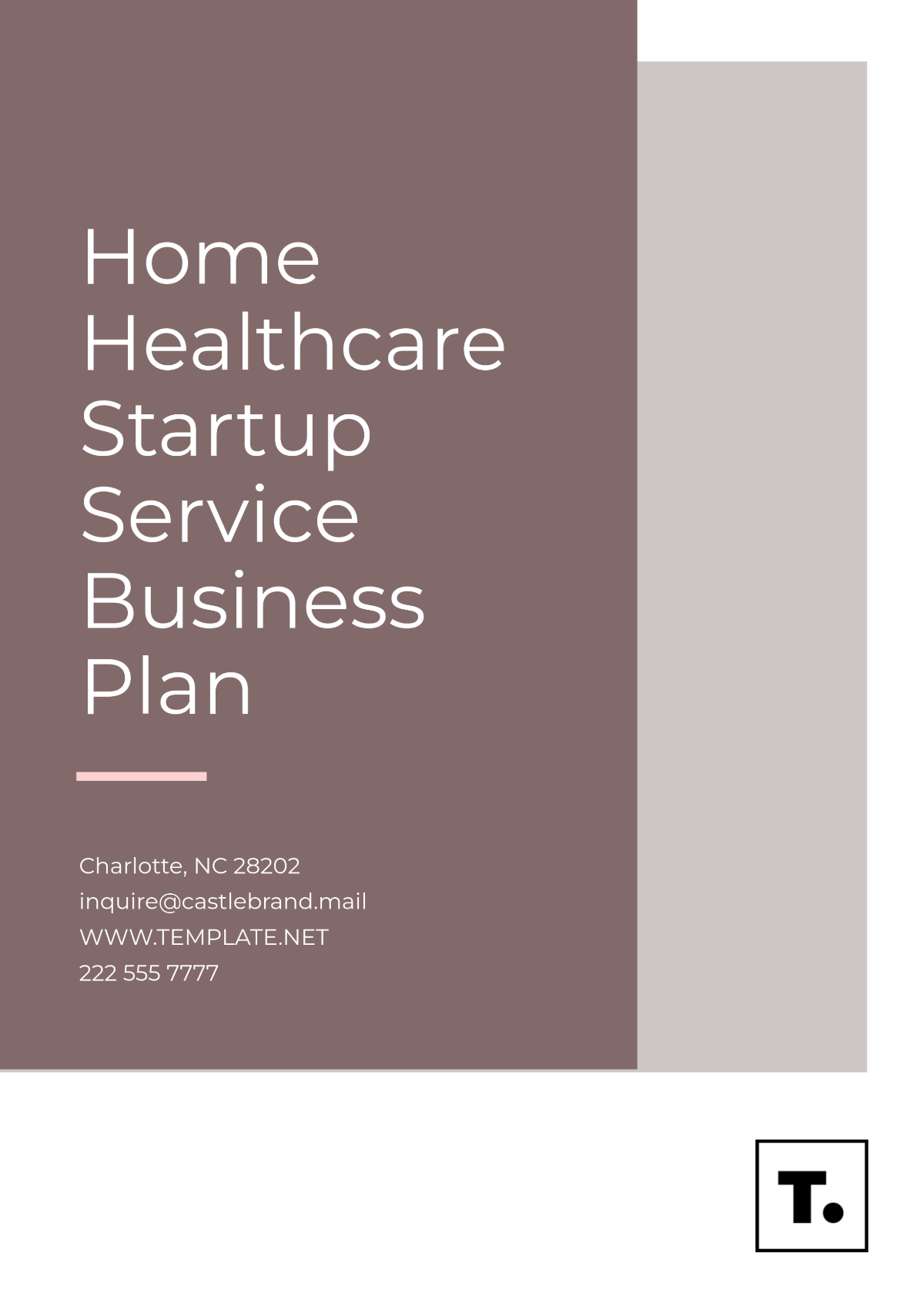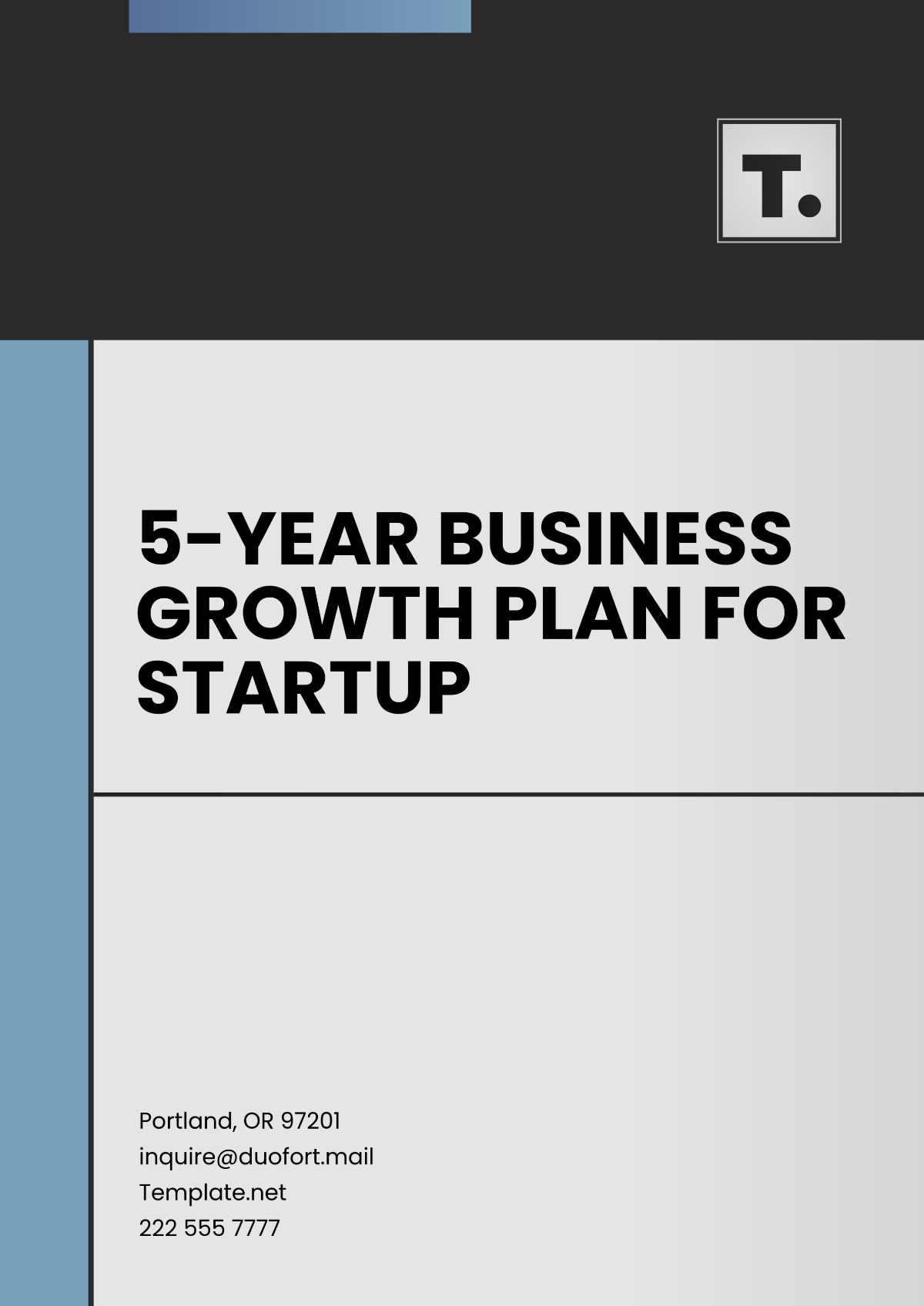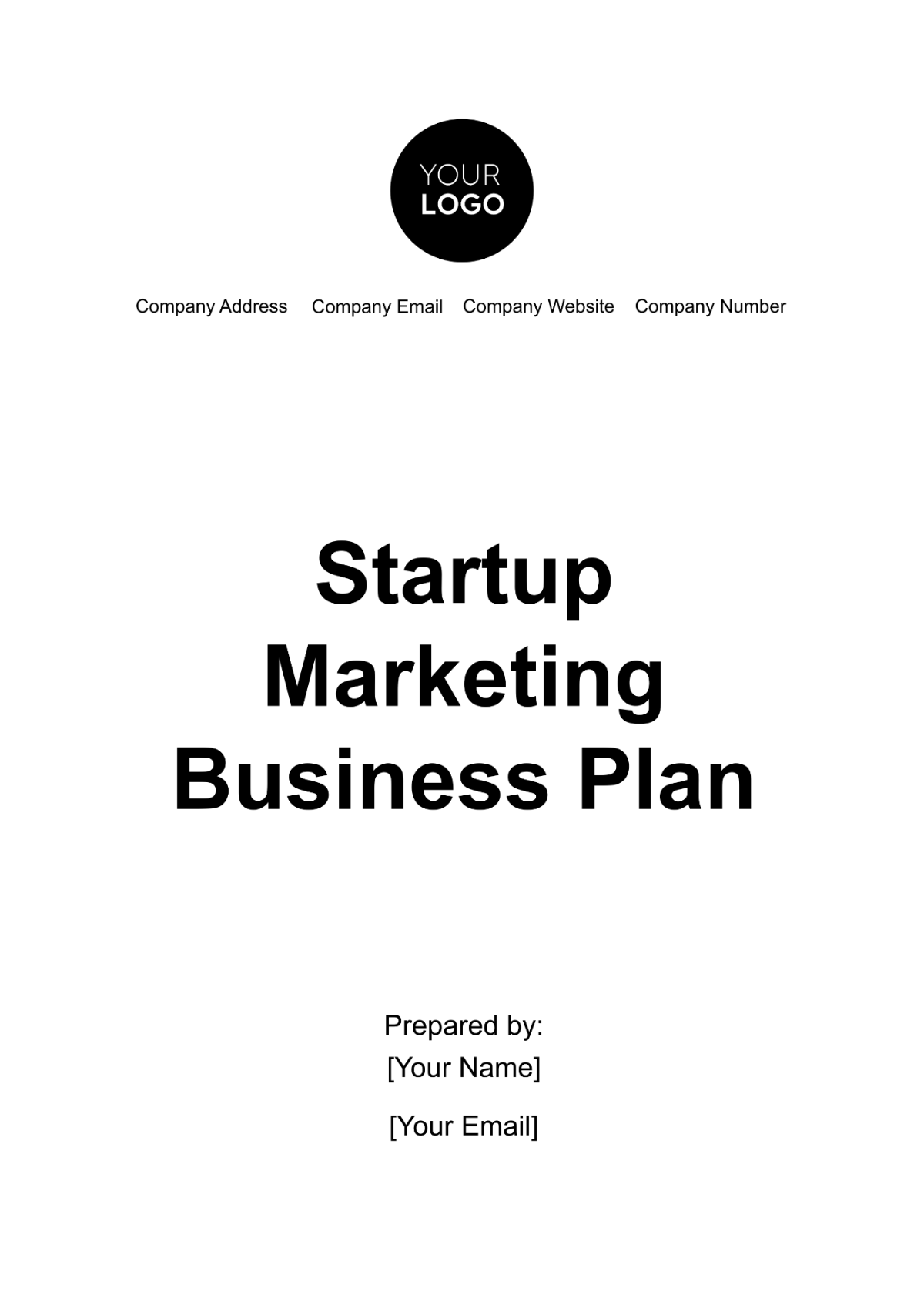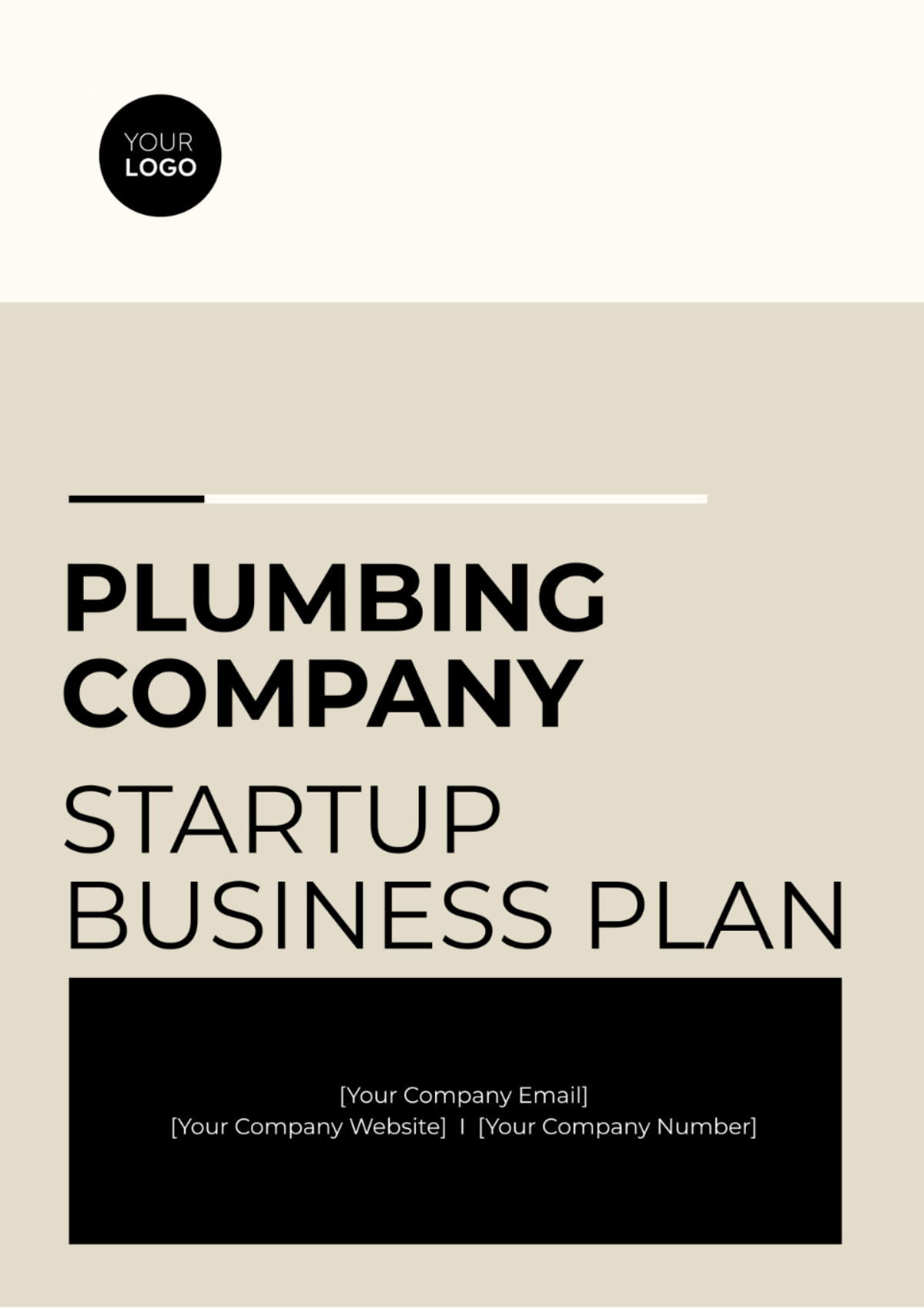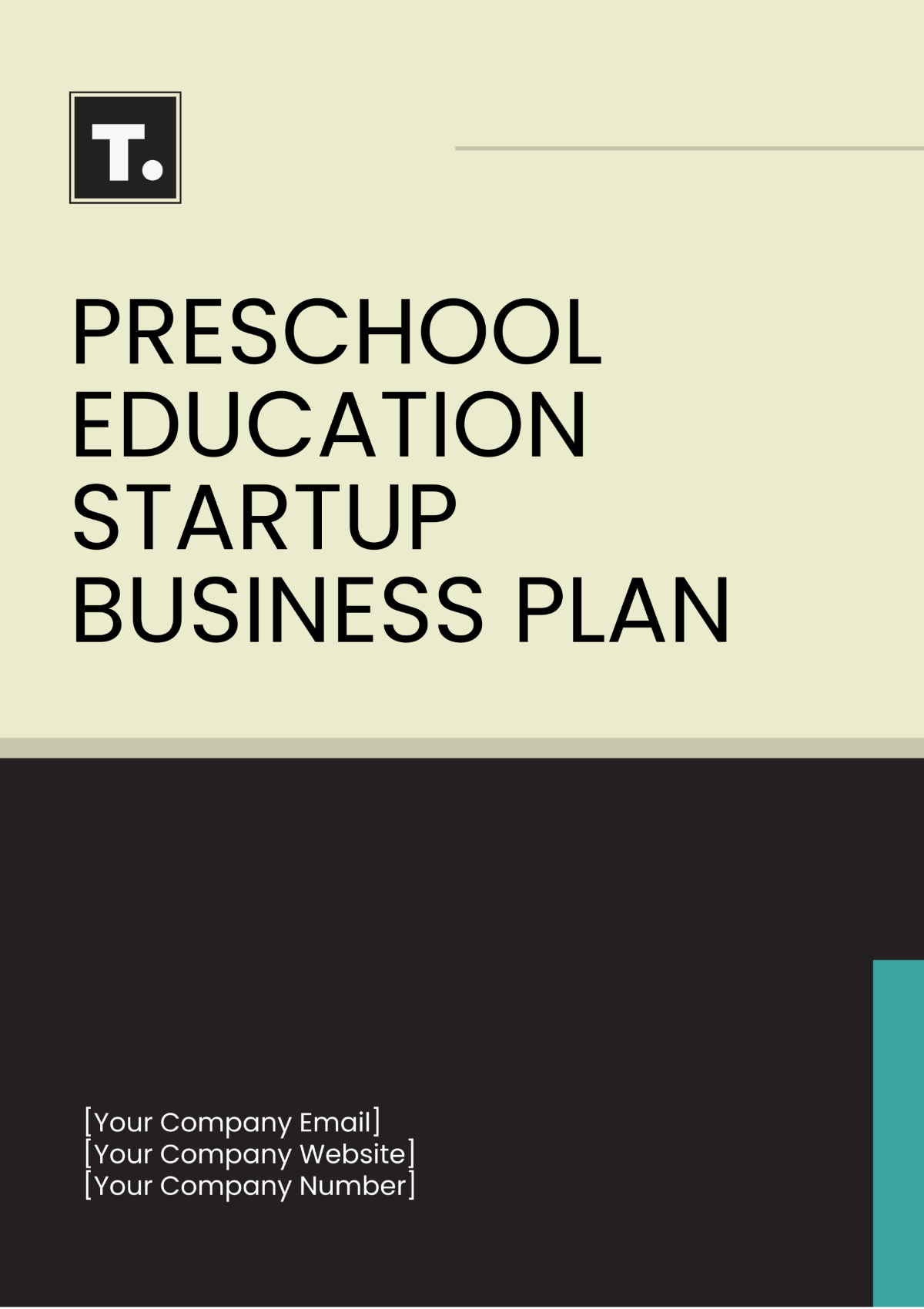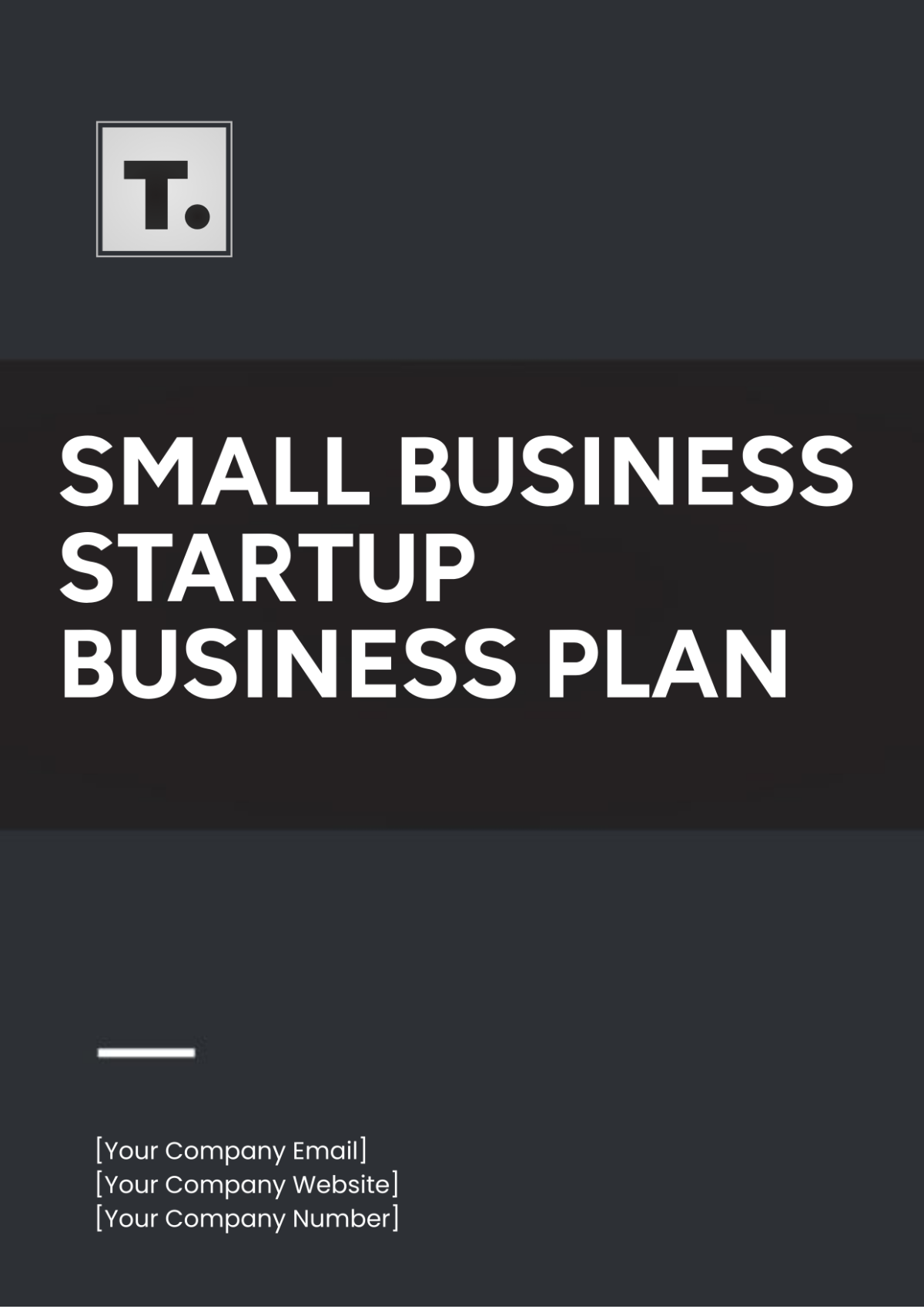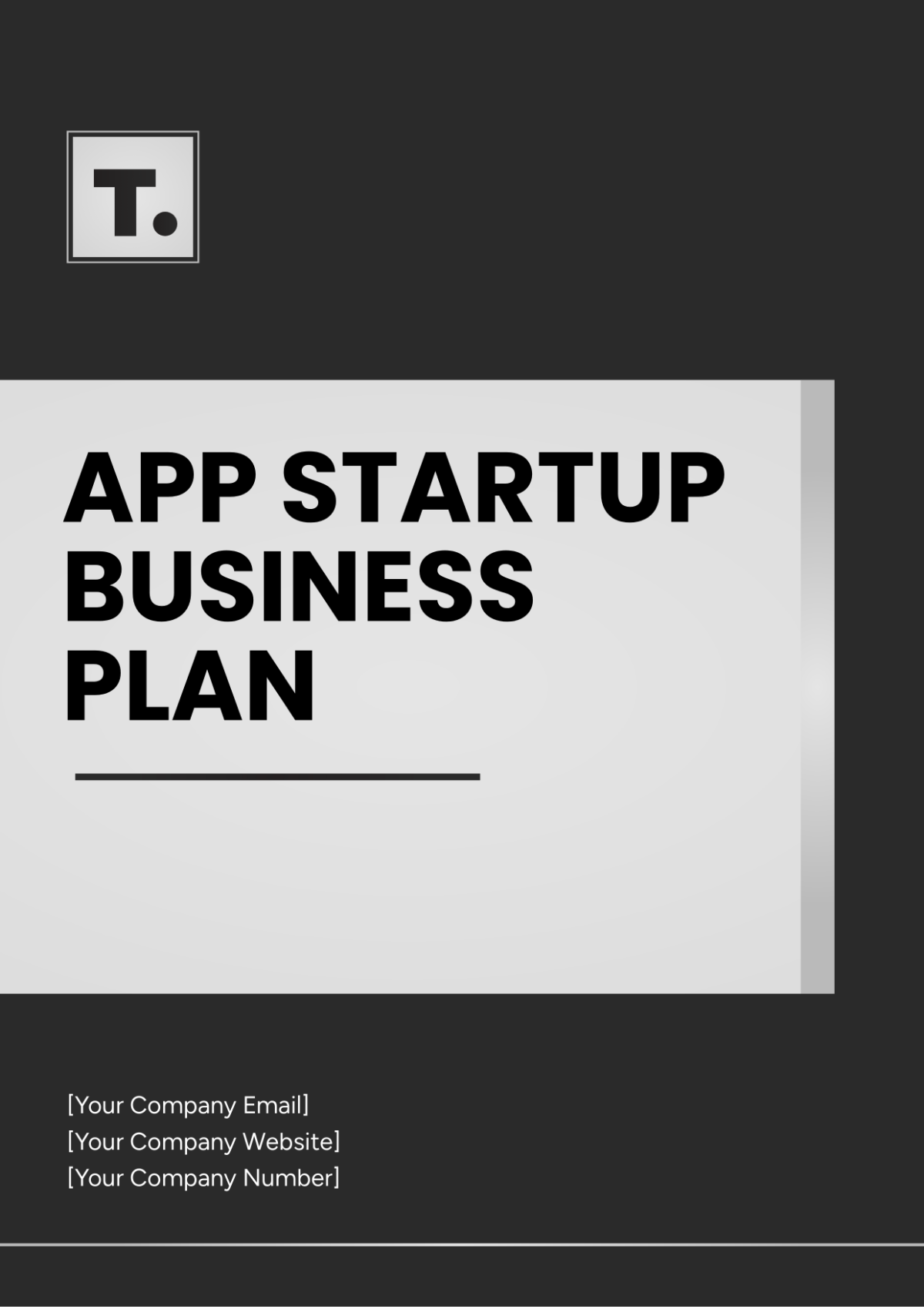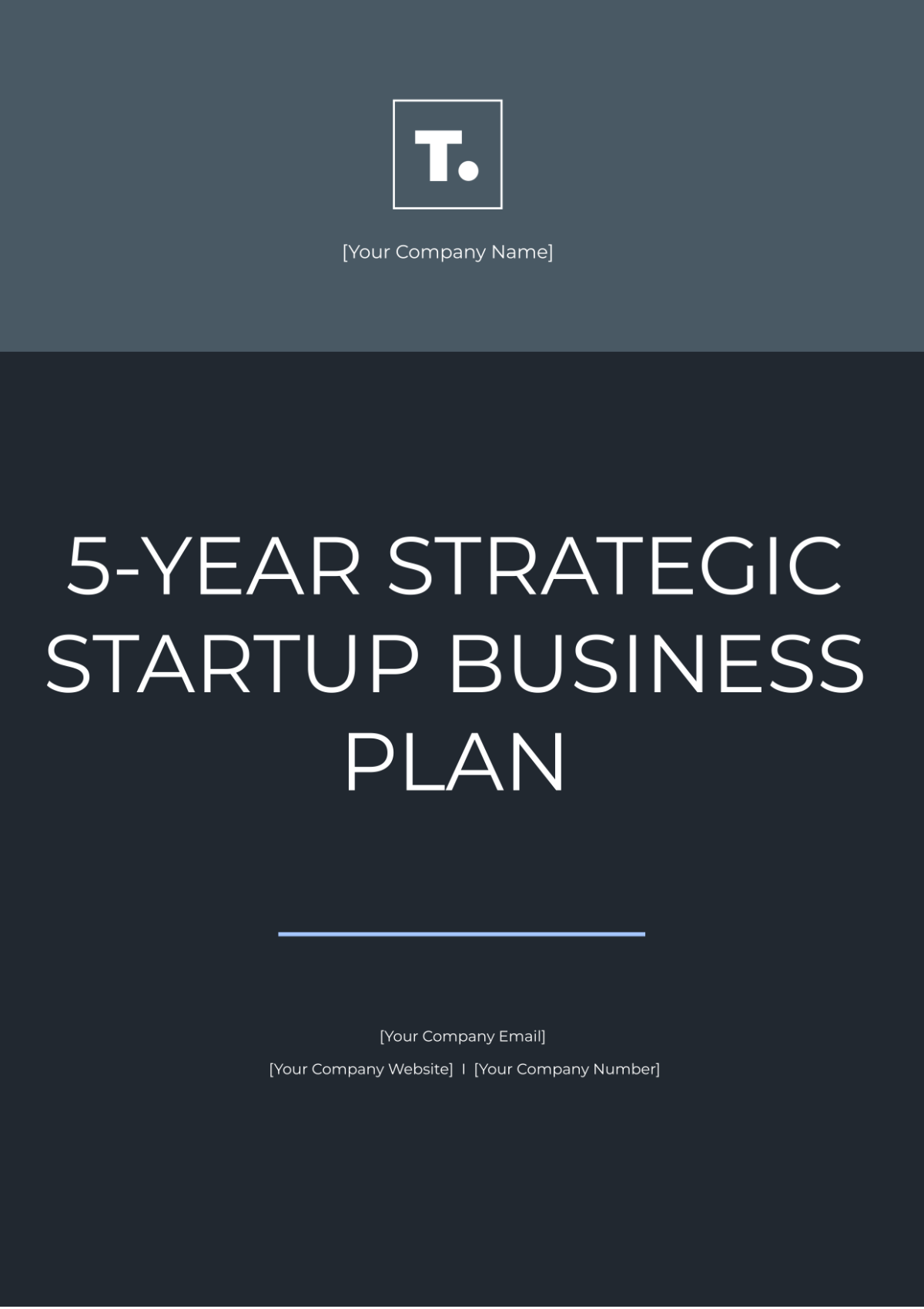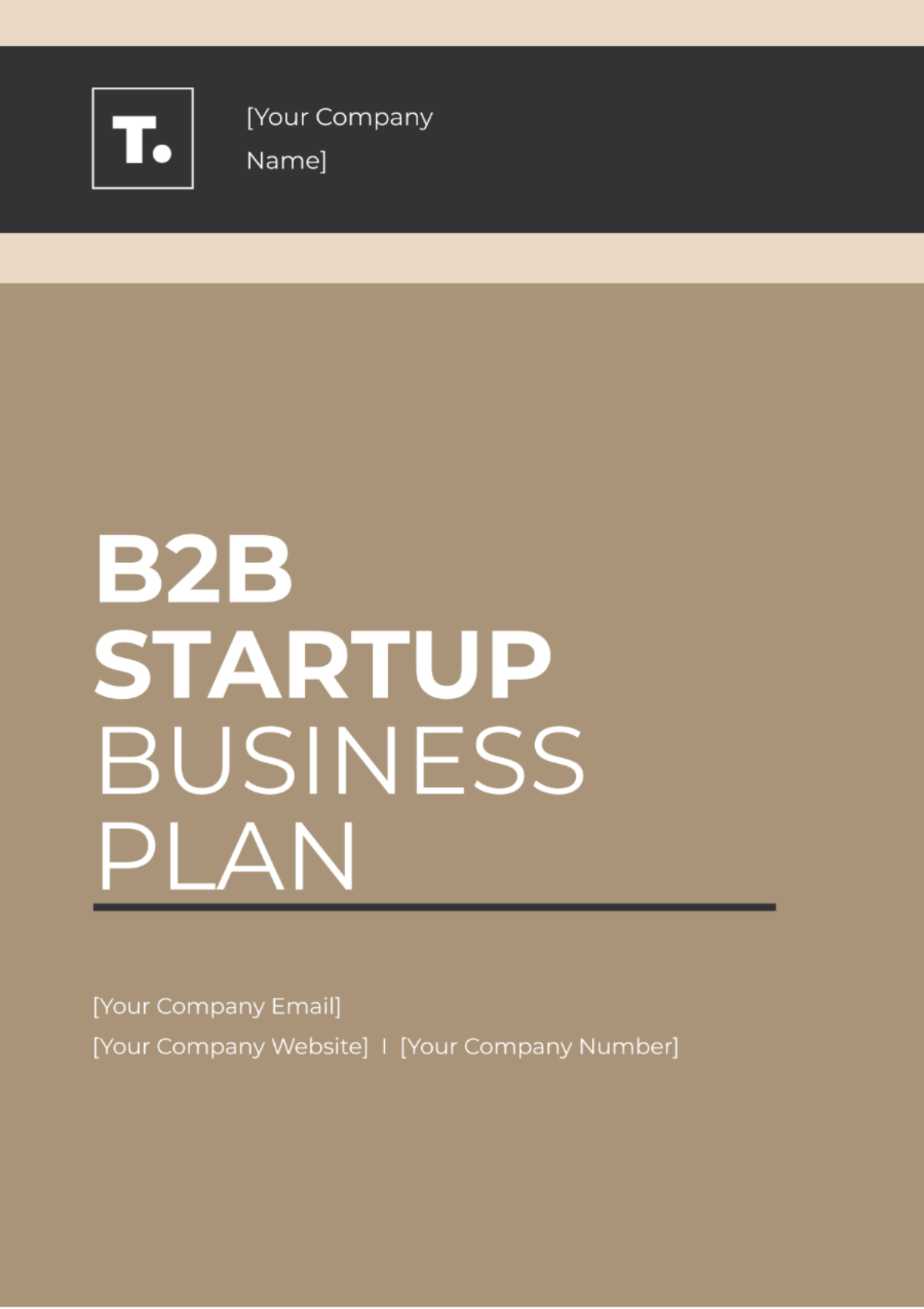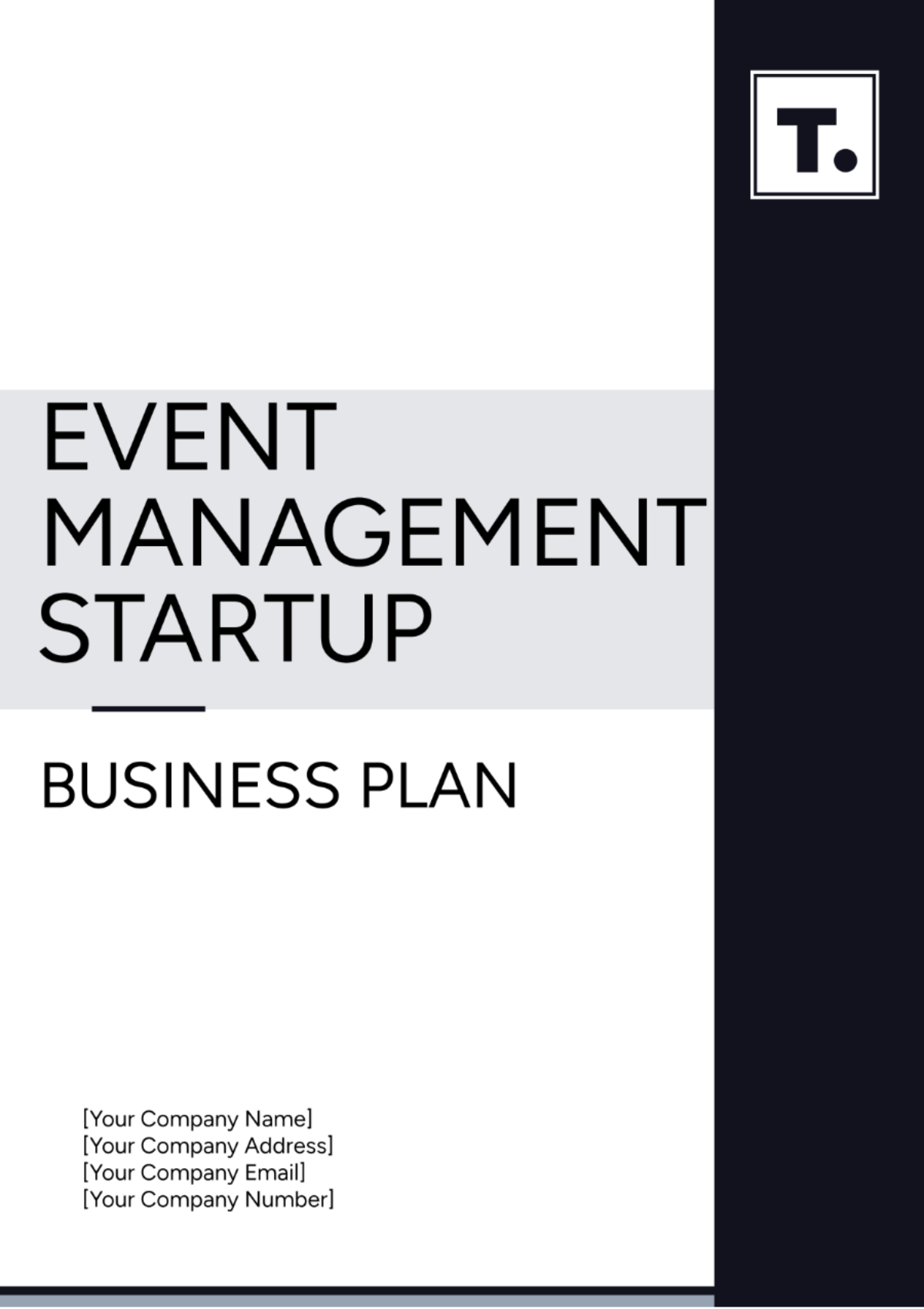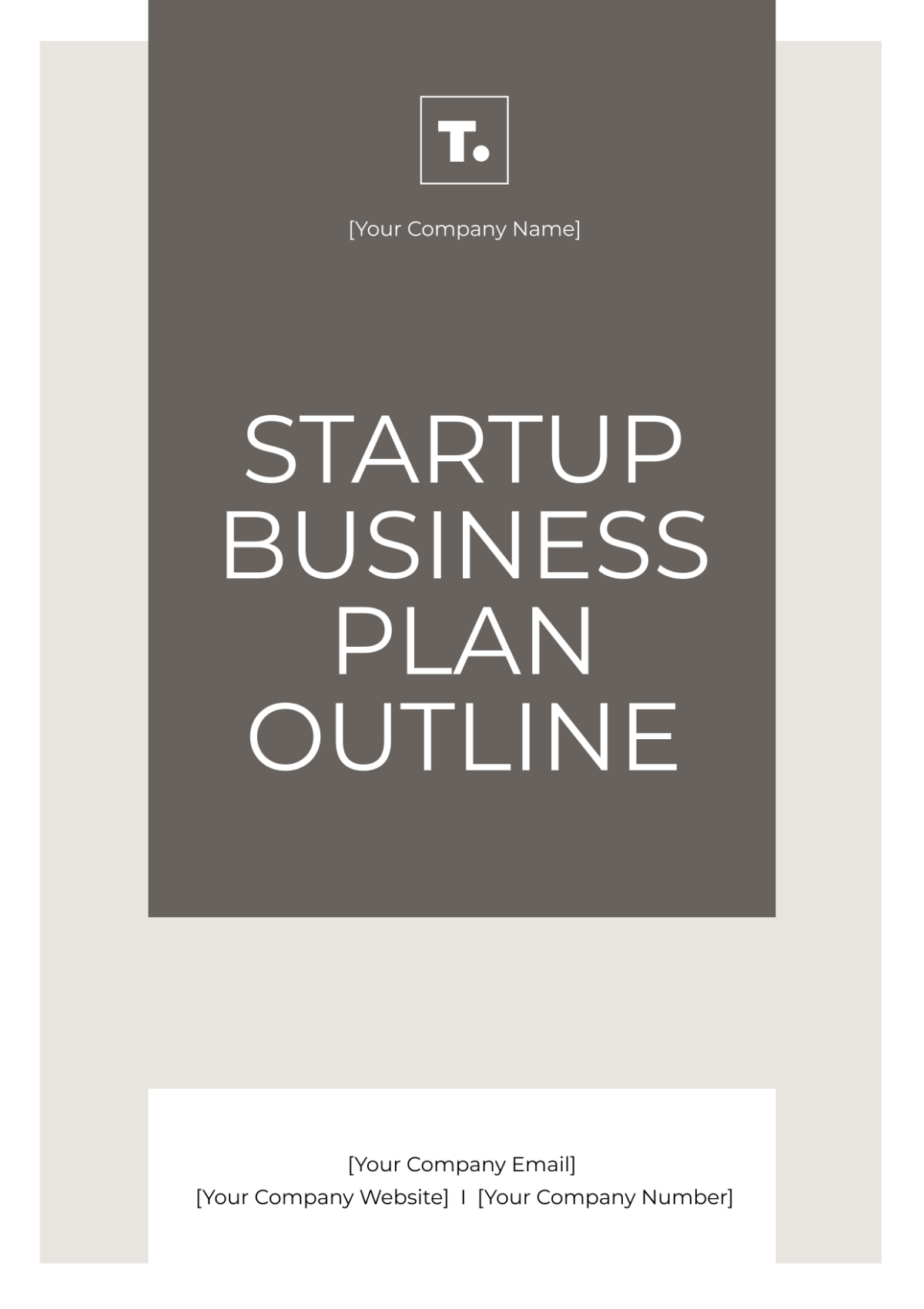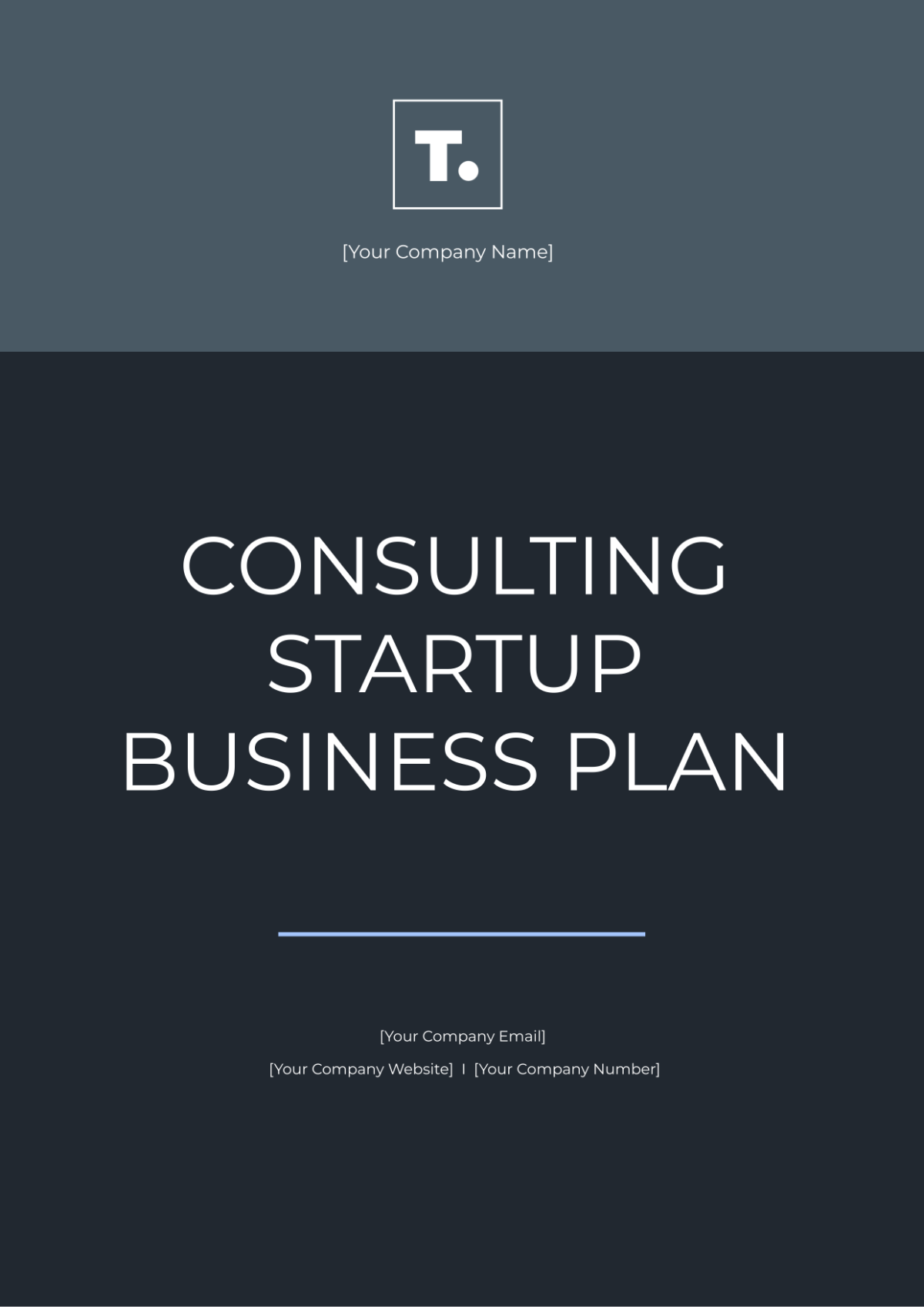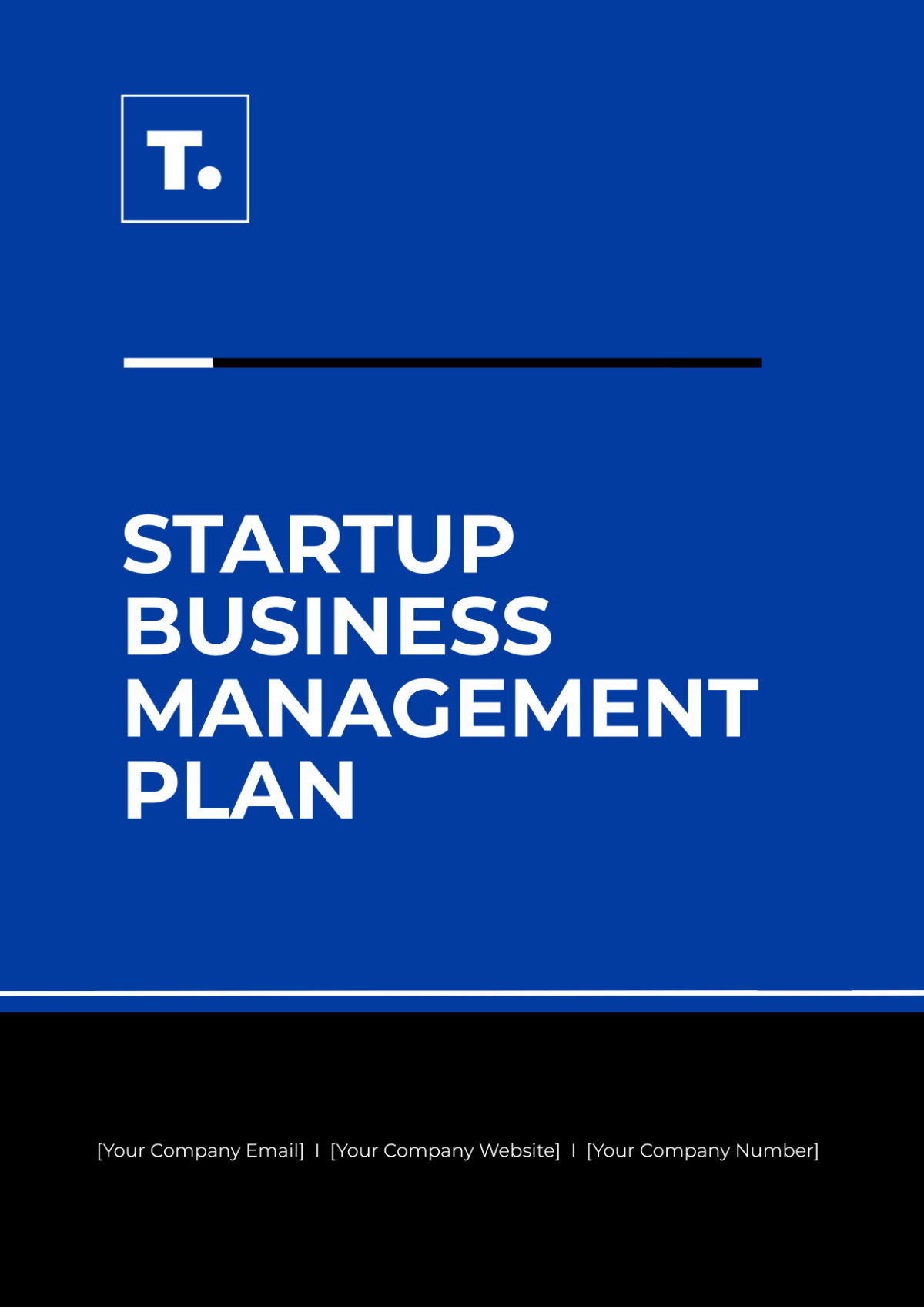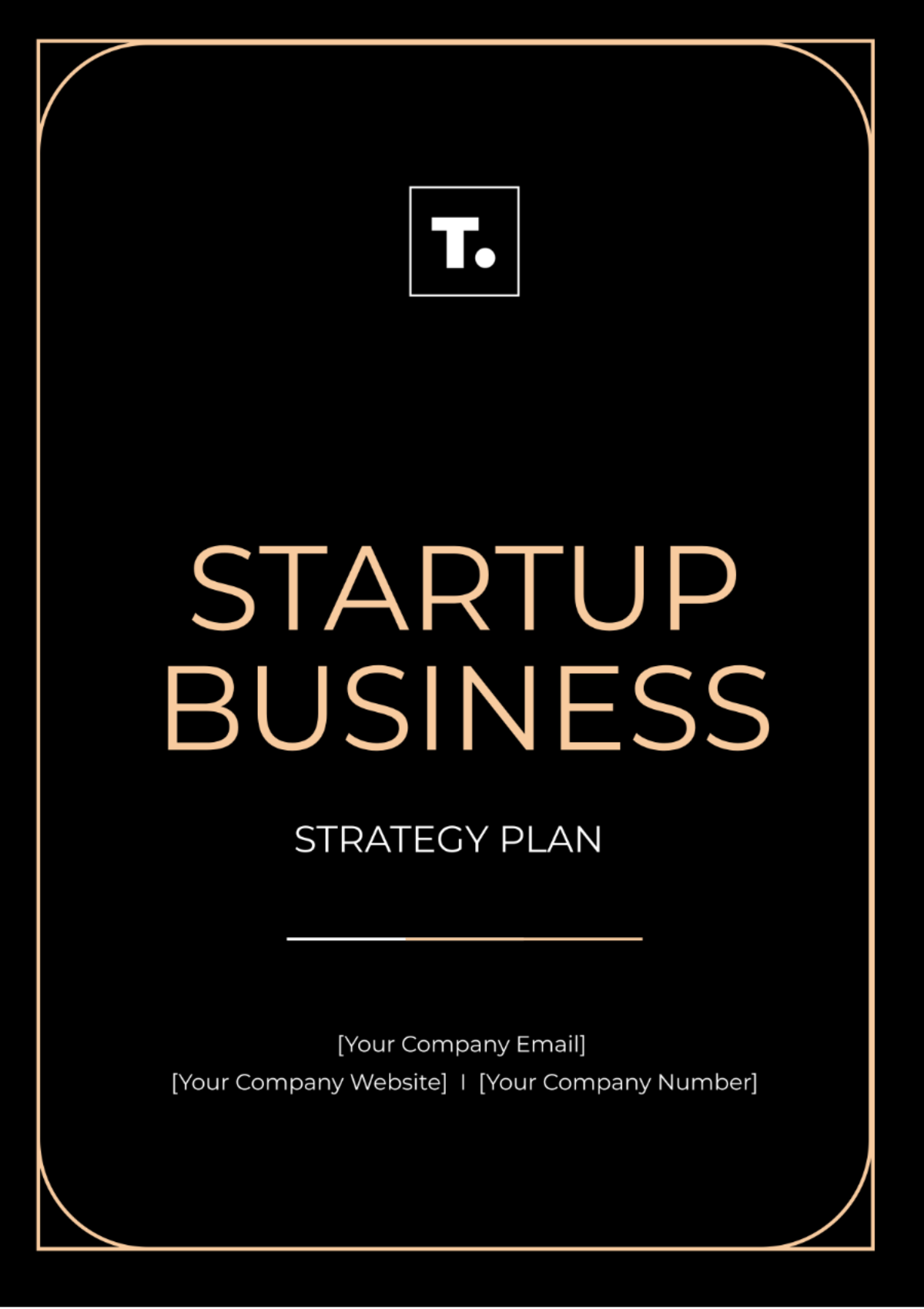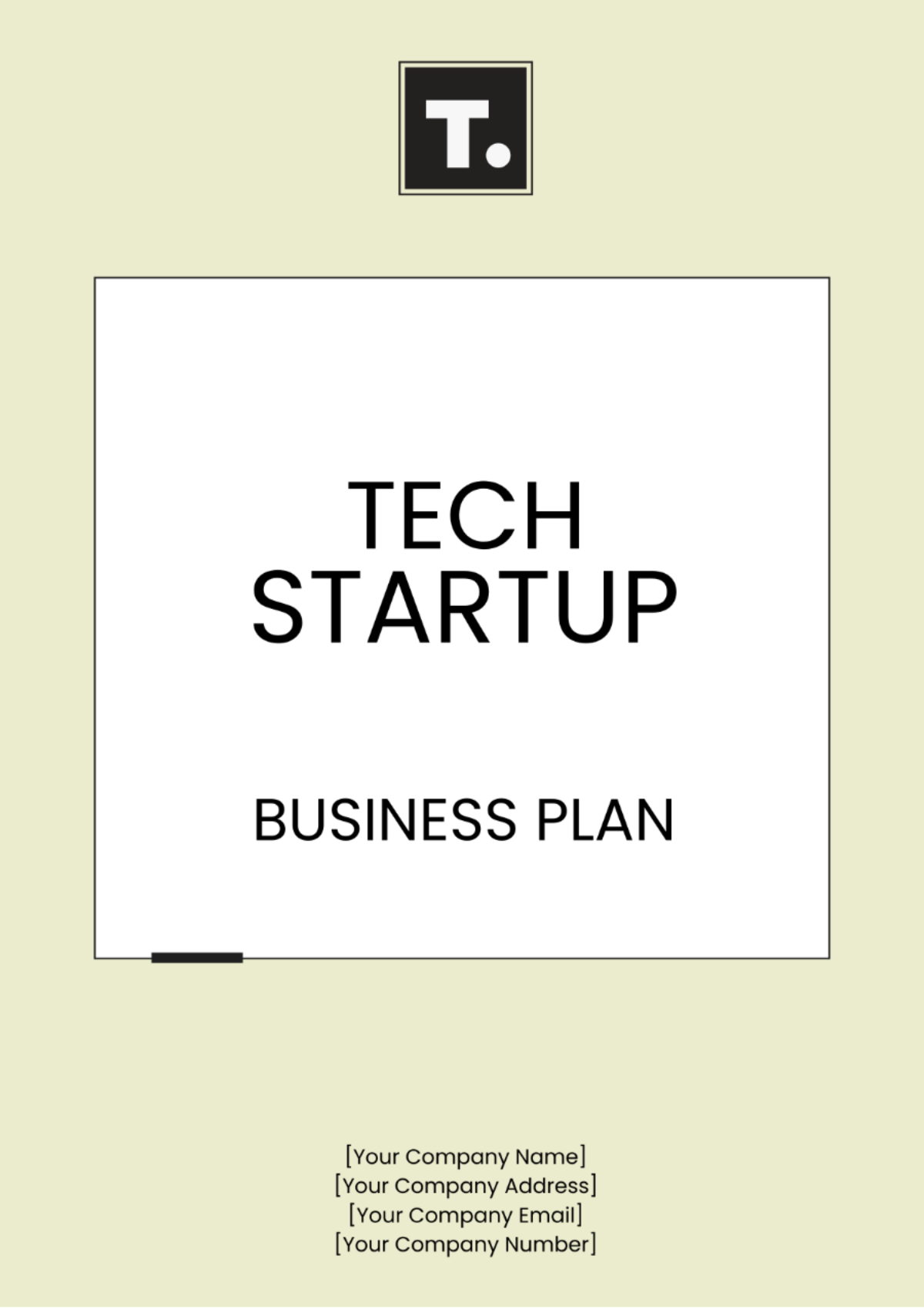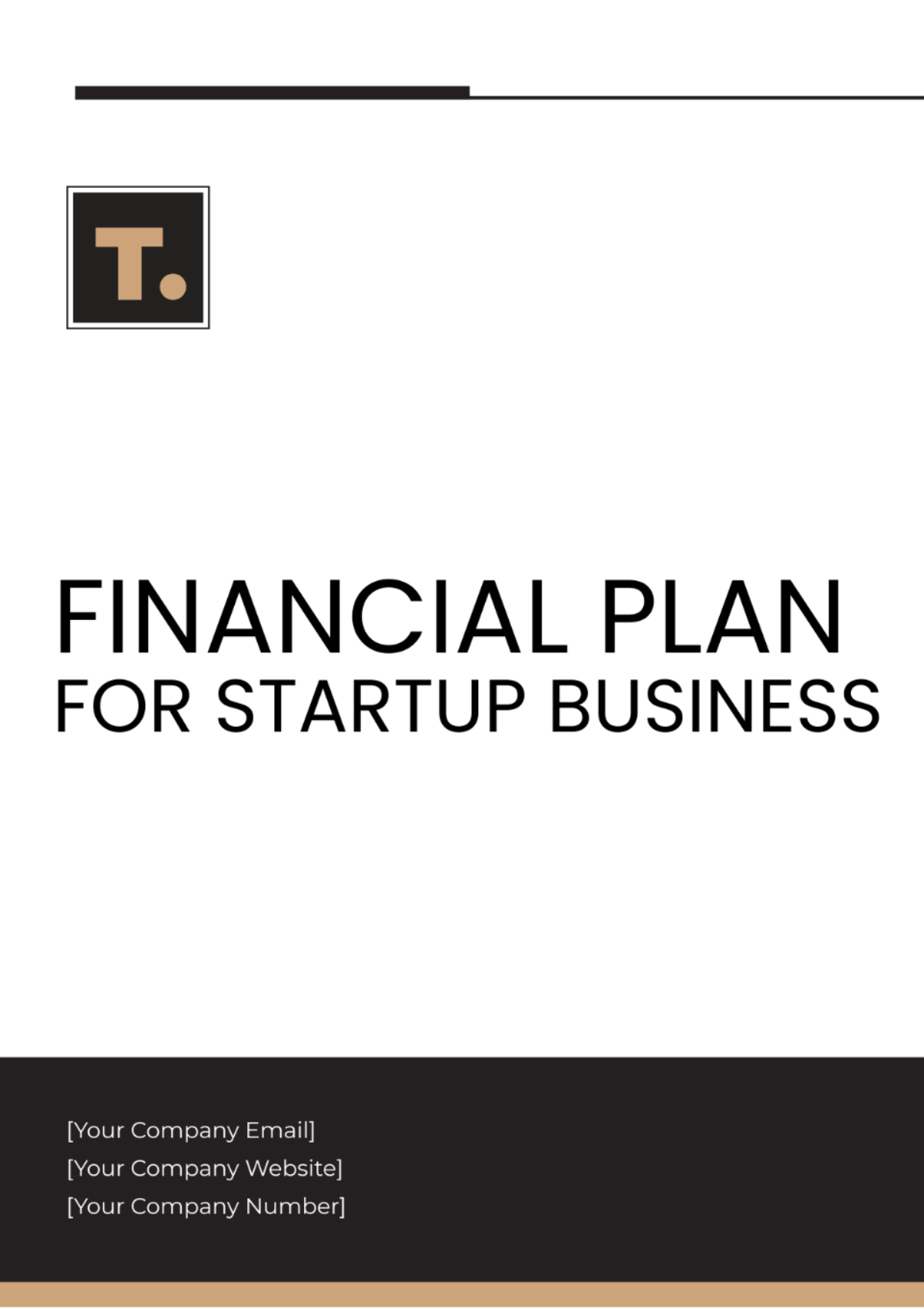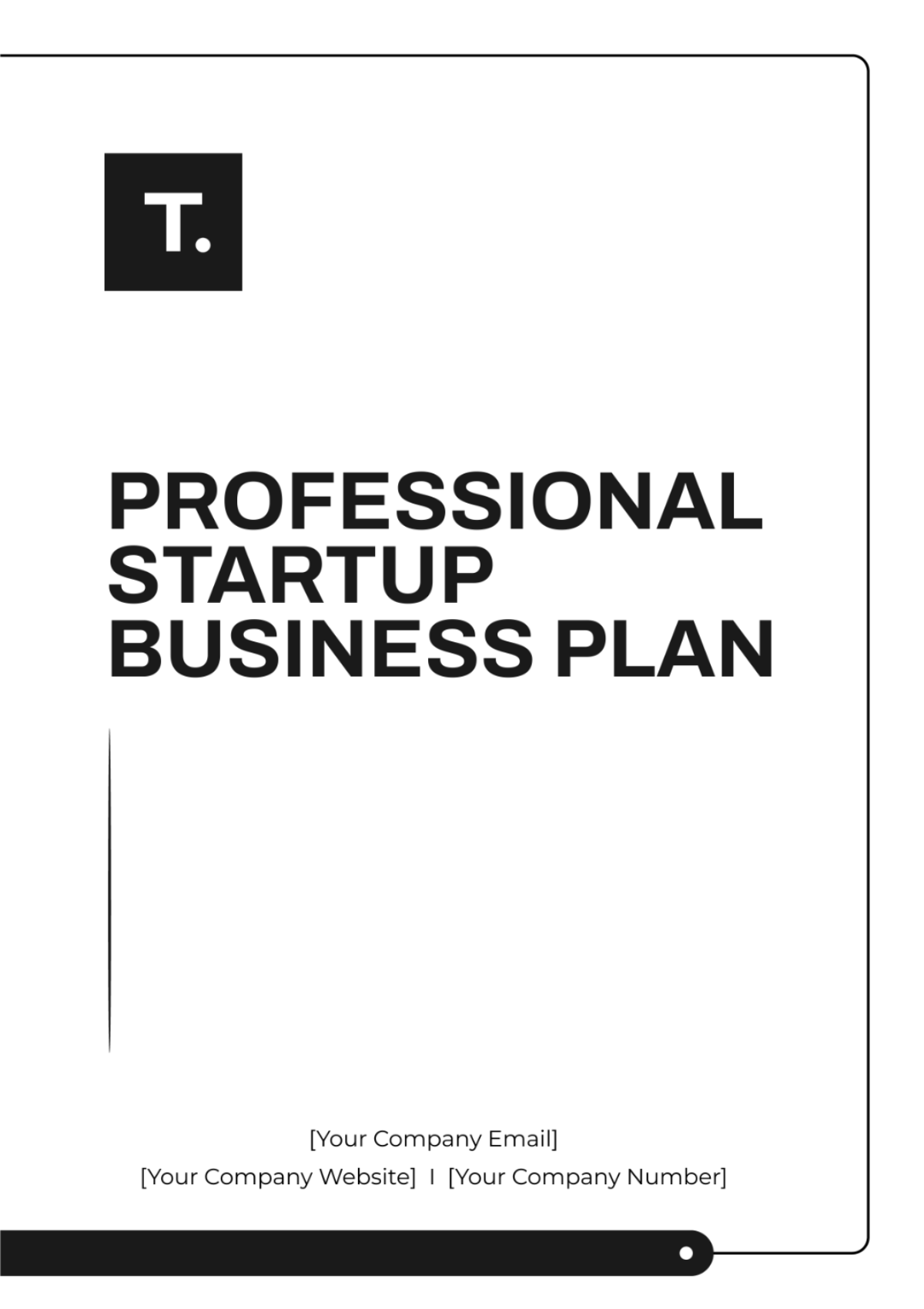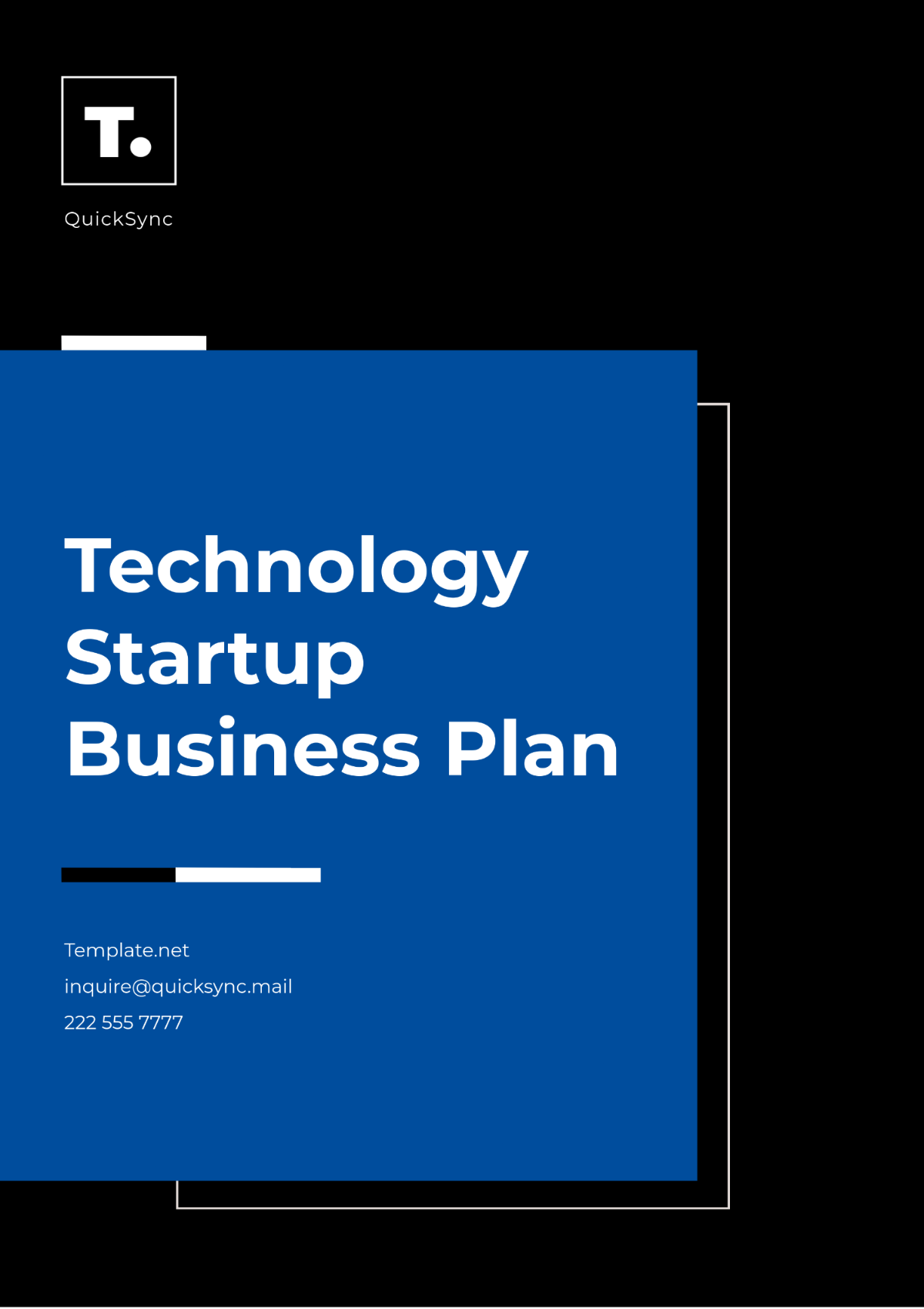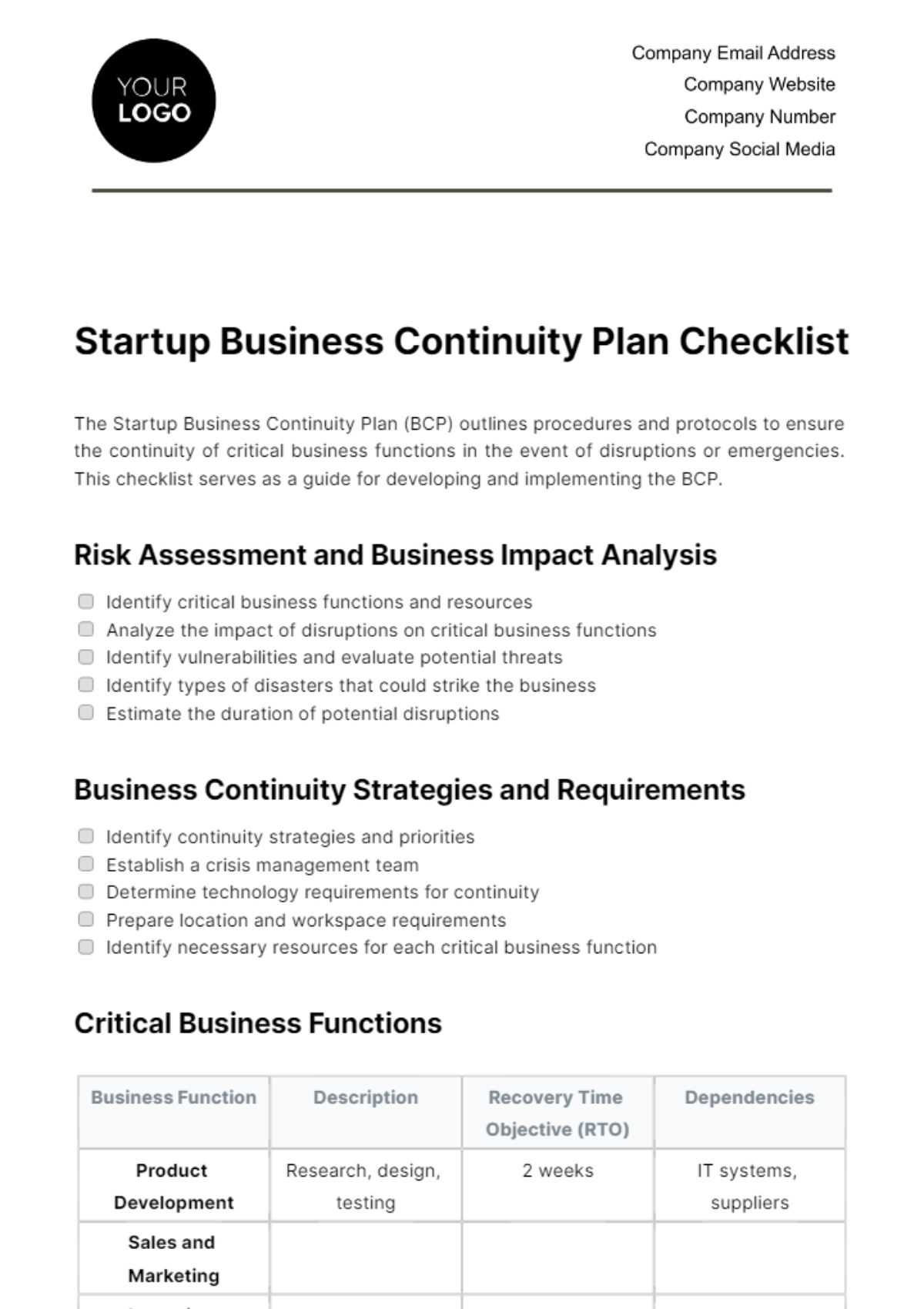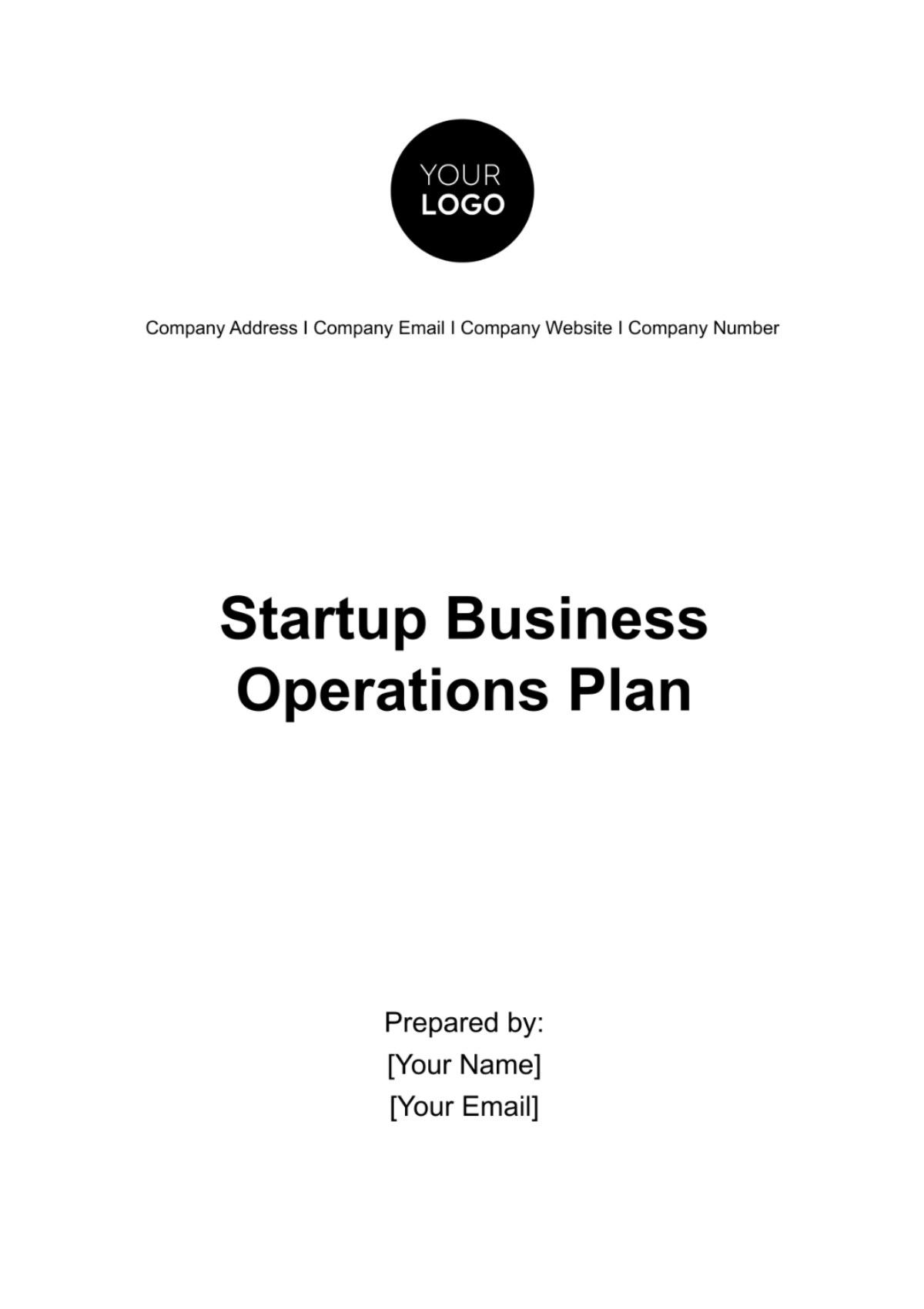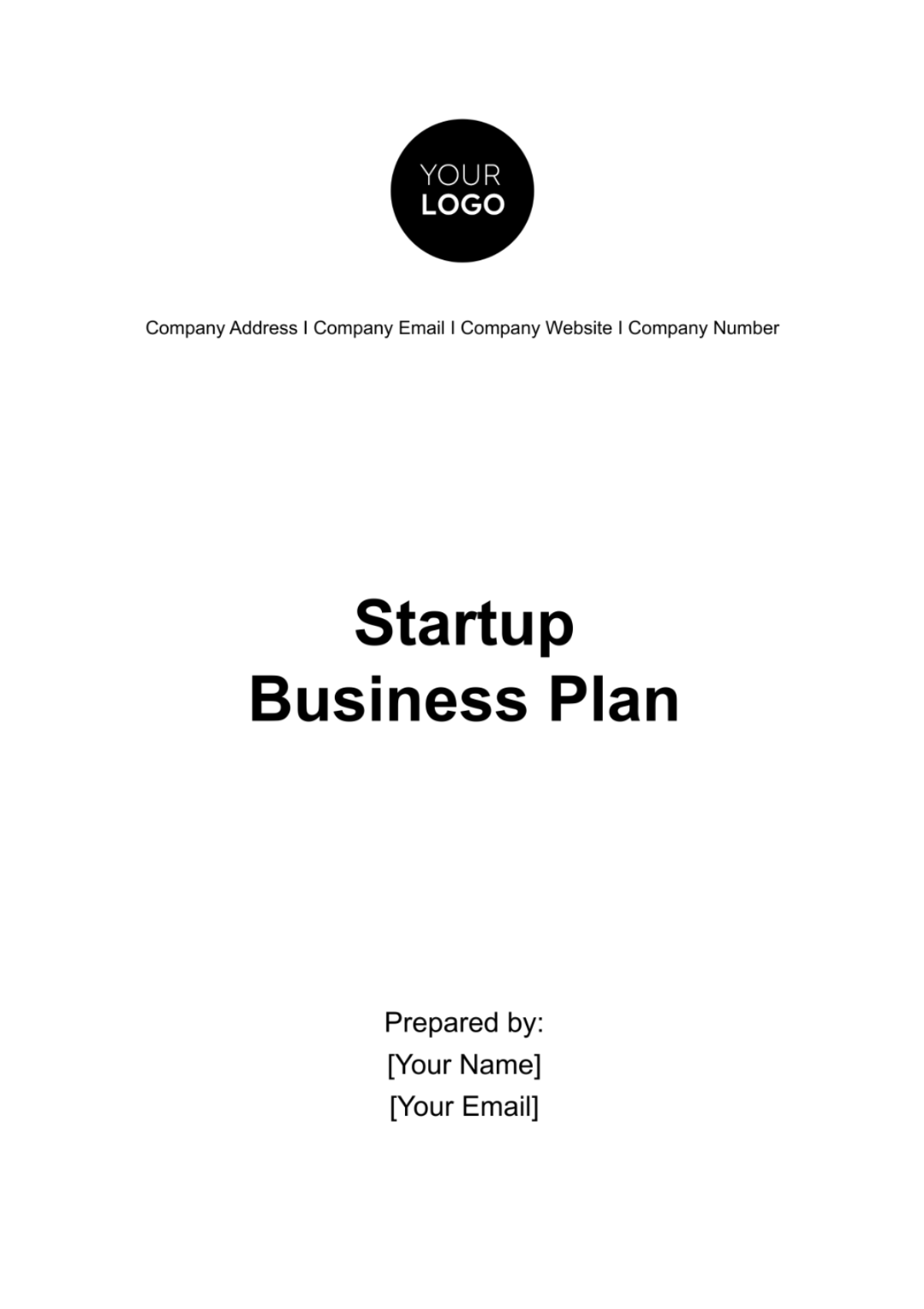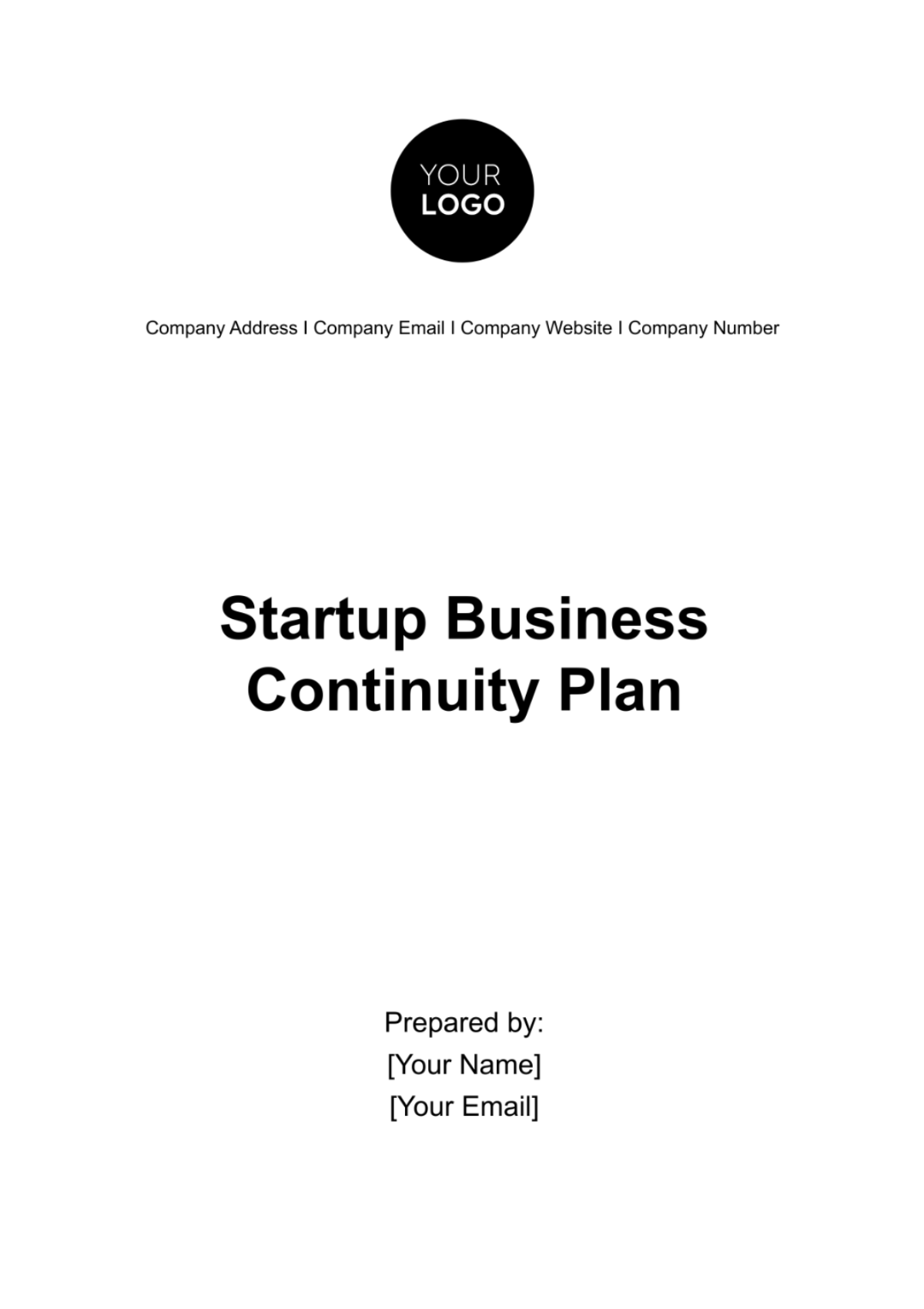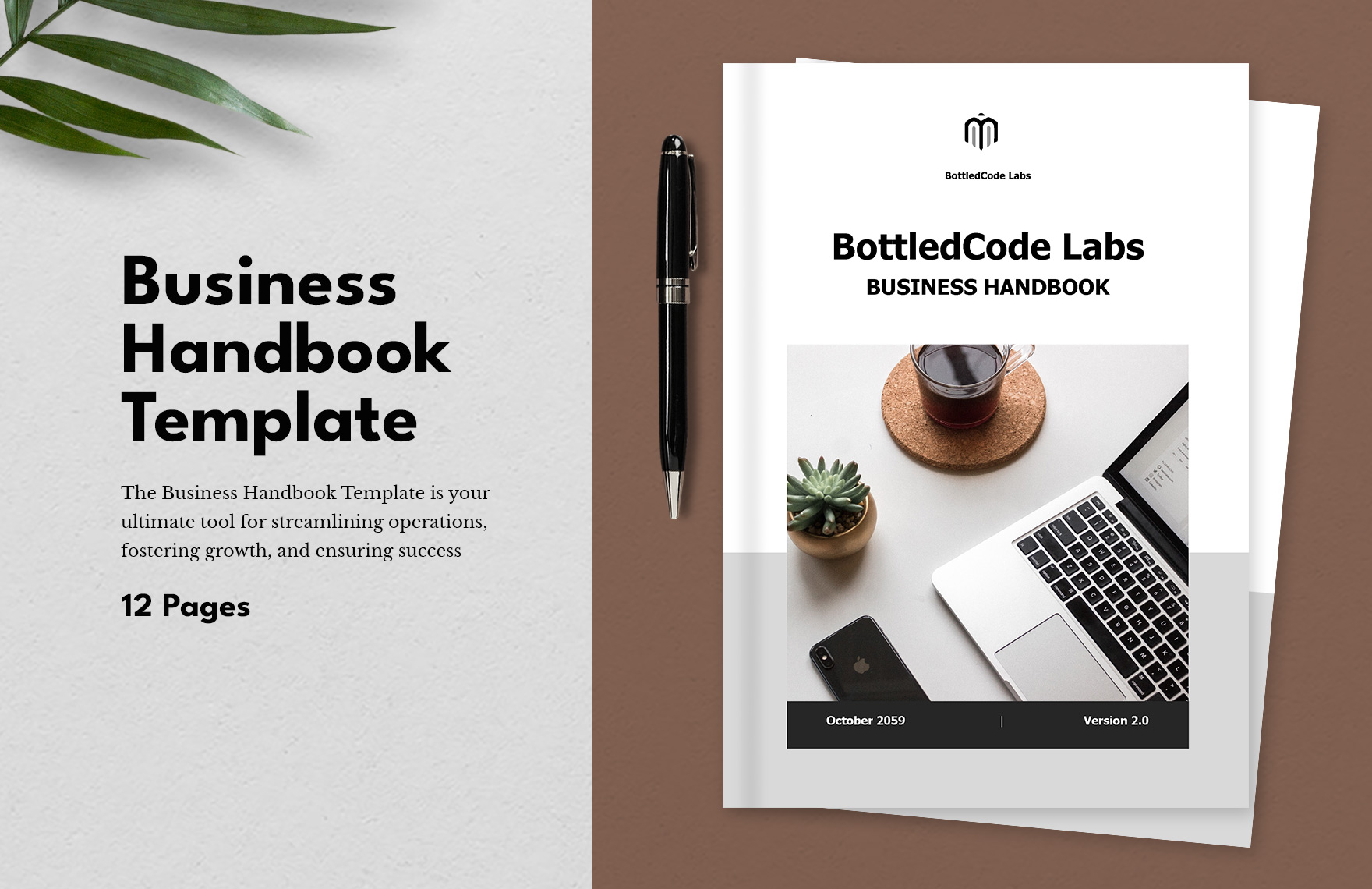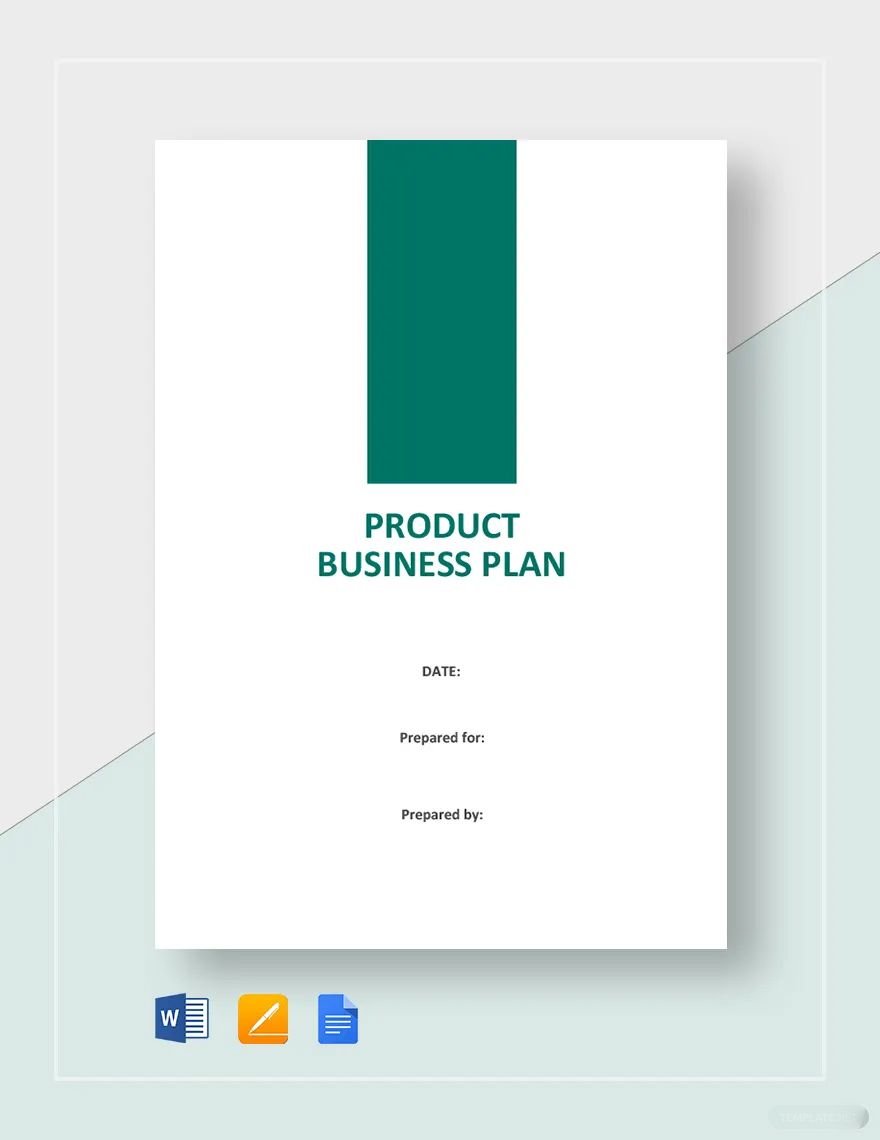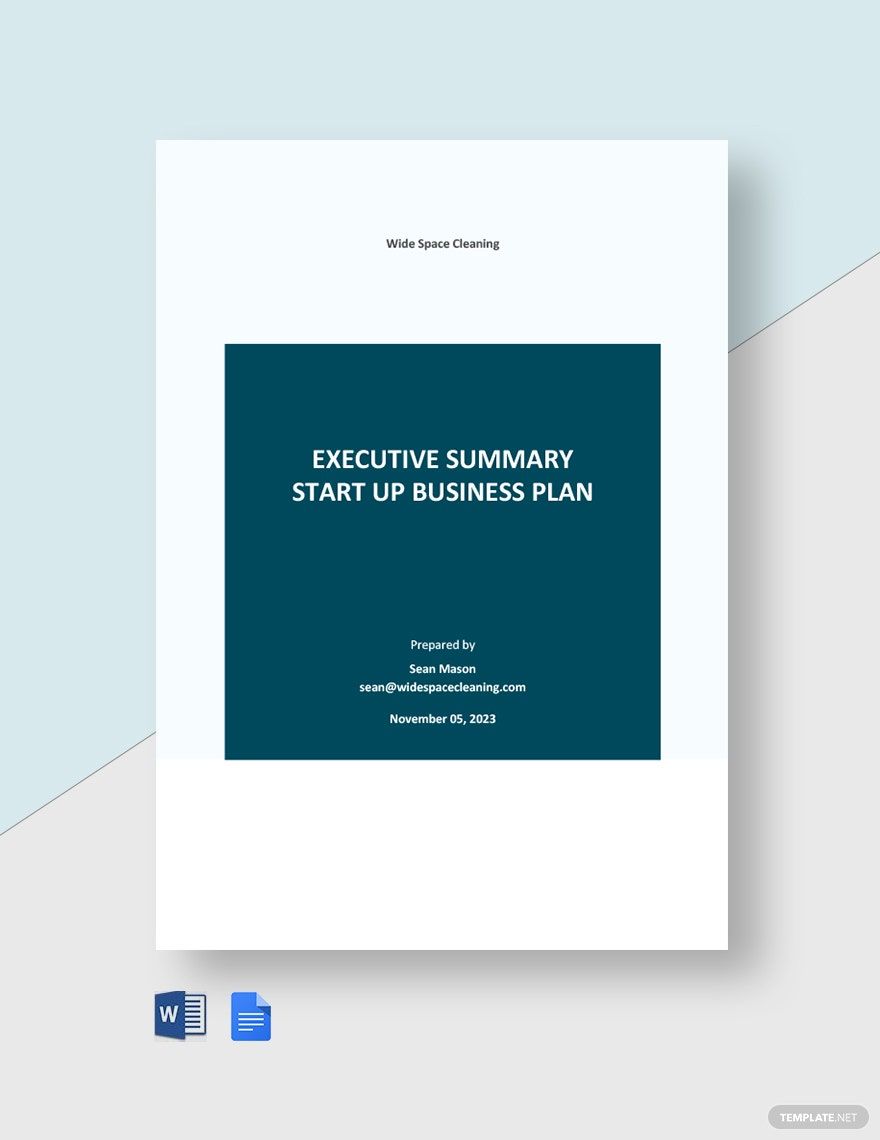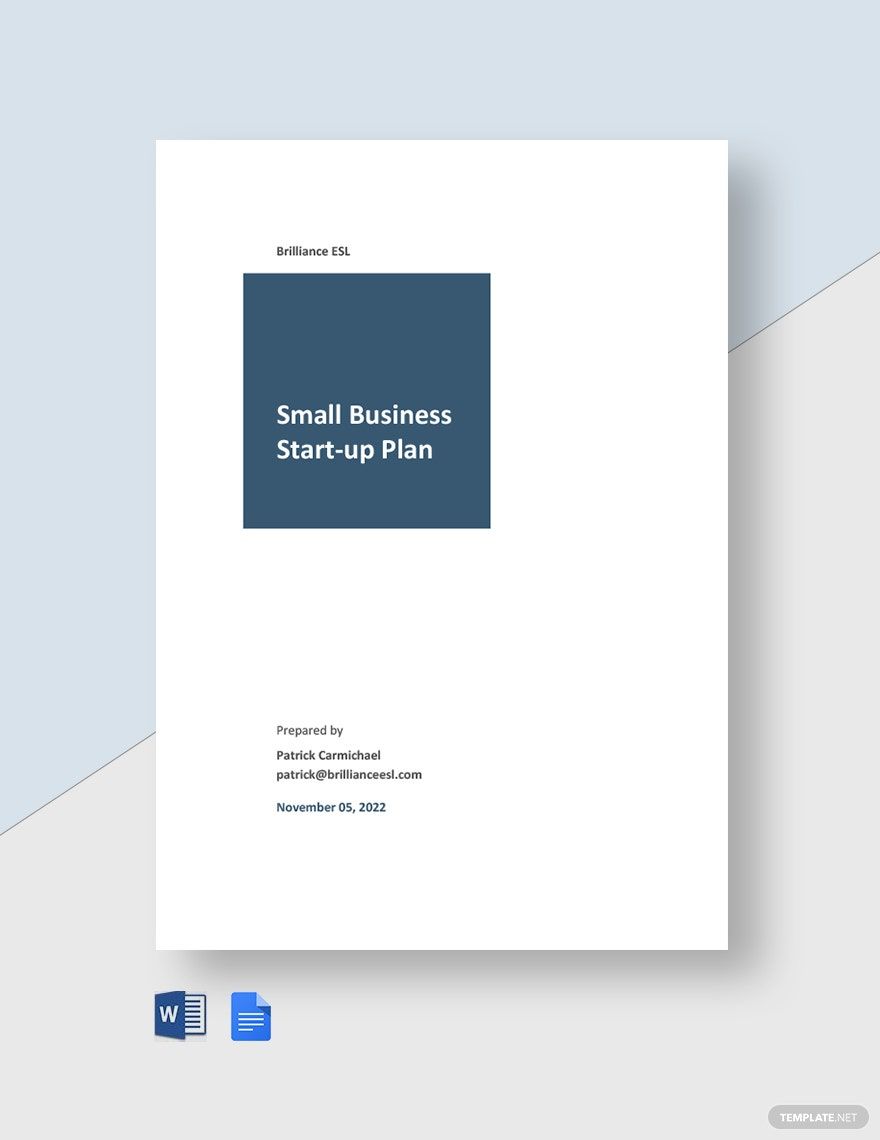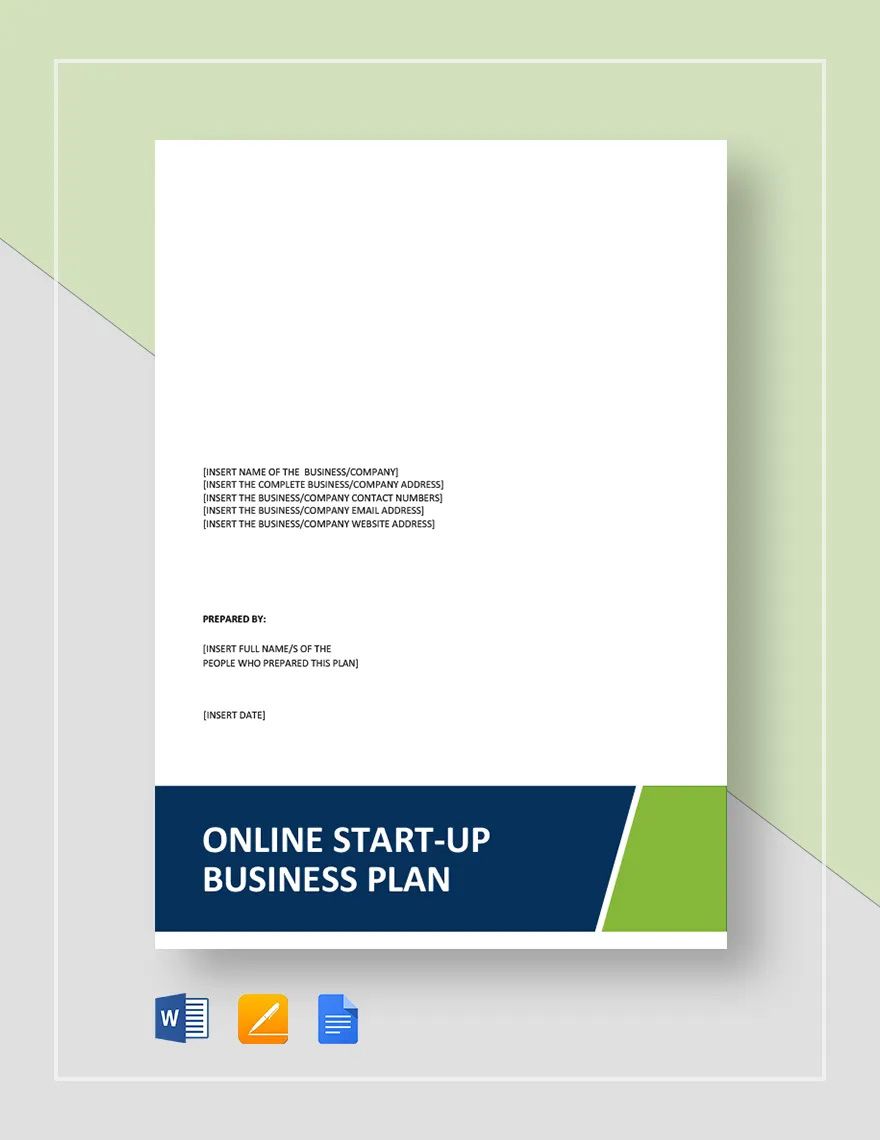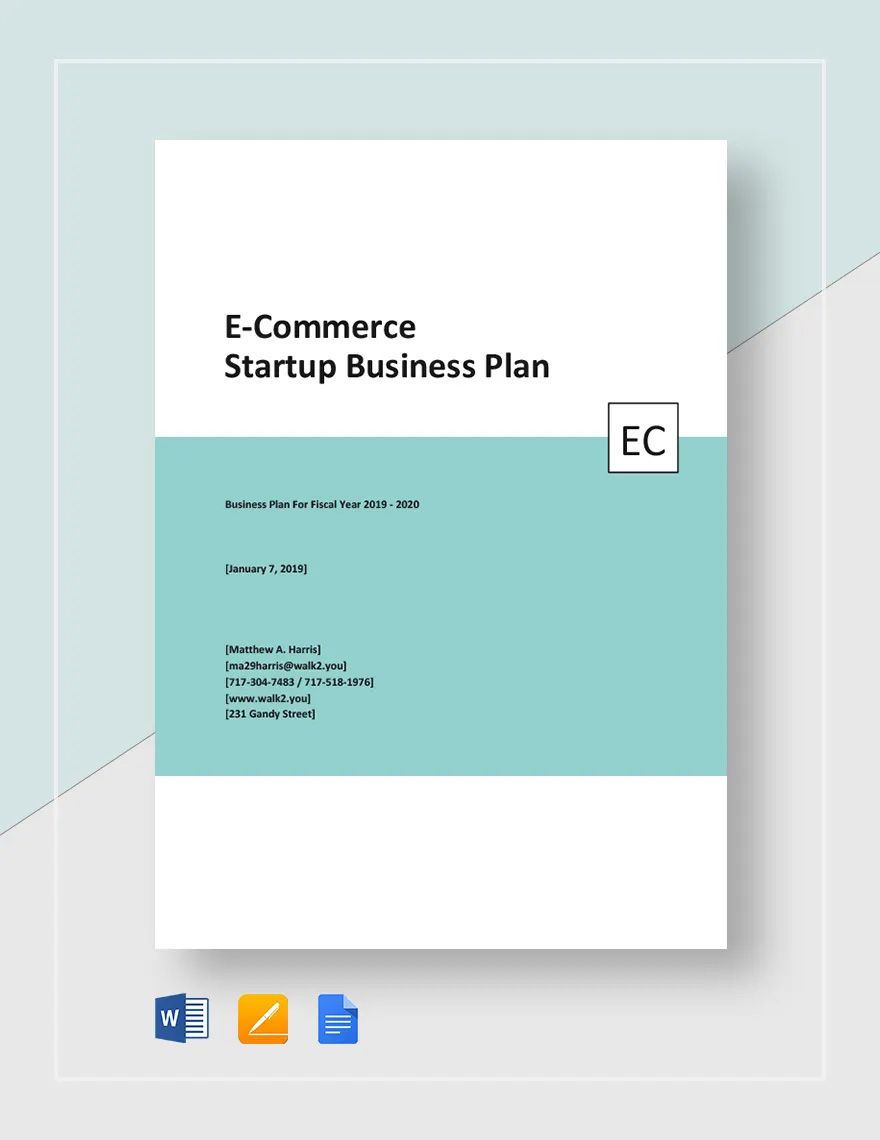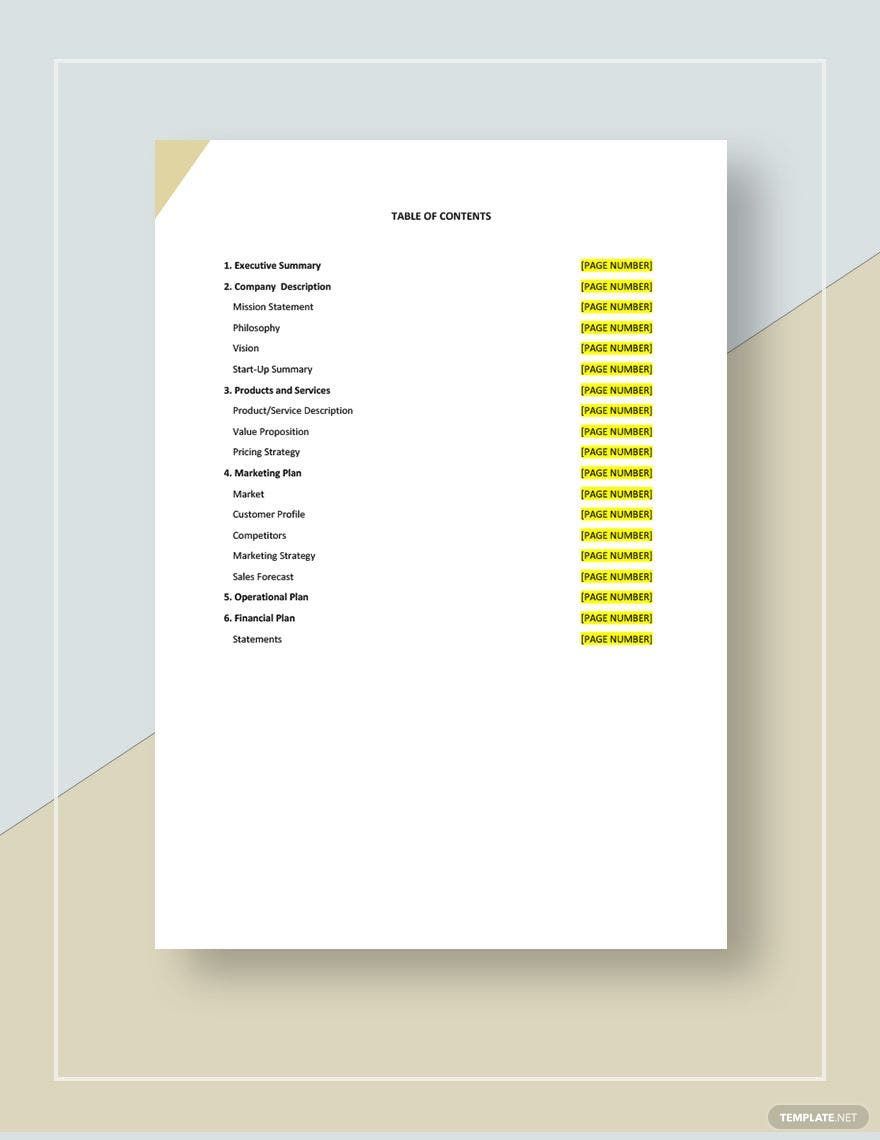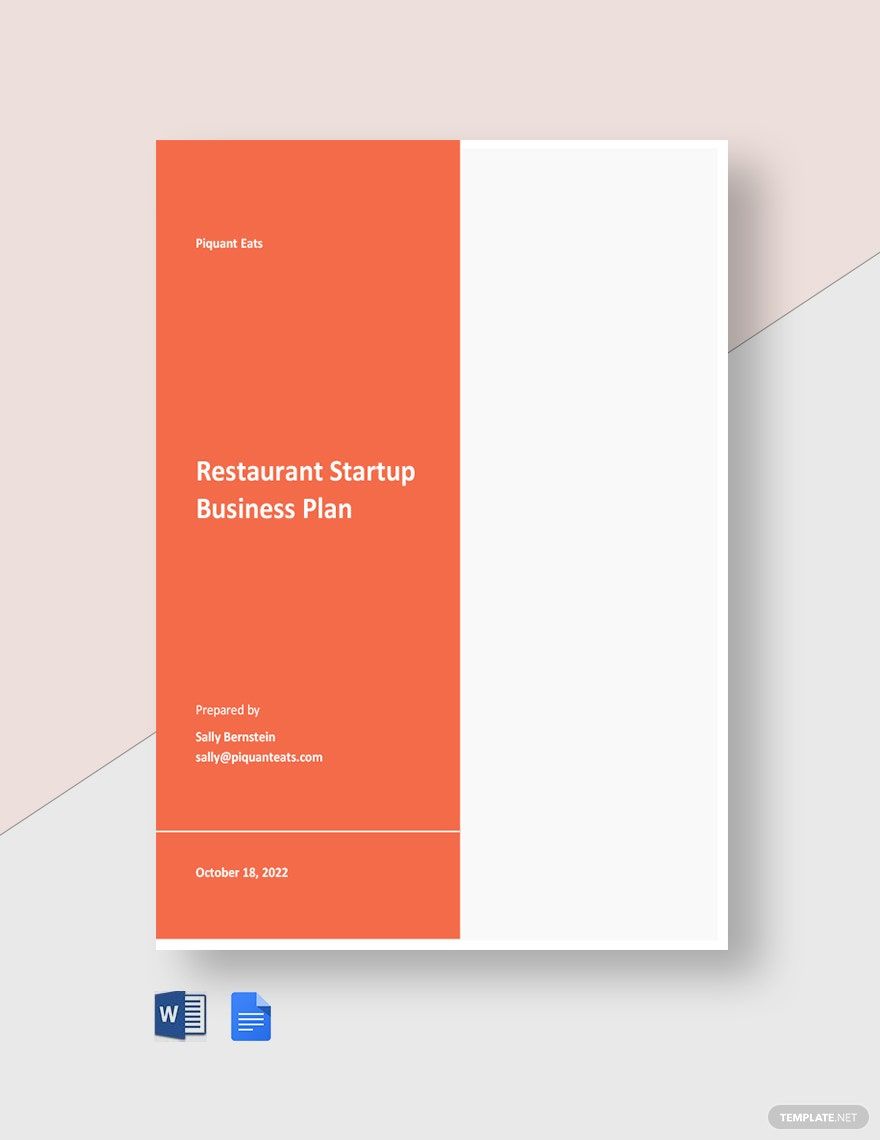Bring Your Business Vision to Life with Startup Business Plan Templates from Template.net
Keep your startup journey on track and impress potential investors with comprehensive and professional-grade business plan templates from Template.net. Designed for aspiring entrepreneurs and experienced business professionals alike, these templates enable you to craft detailed business strategies, enhance your business pitch, and streamline your operational blueprint with ease. Whether you're looking to attract investors or clearly outline your business goals at a networking event, these templates provide step-by-step guidance, ensuring you miss no vital detail. Each template includes essential sections such as marketing strategies, financial projections, and executive summaries, eliminating any need for drafting from scratch. With no prior planning experience required, you can confidently create polished and strategic plans that are print-ready or prepared for digital distribution with Template.net’s intuitive layouts.
Discover the many Startup Business Plan Templates we have on hand, each designed to suit various industries and business models. Simply choose a template that aligns with your vision, then effortlessly swap in your own content, tweak colors and fonts to match your brand identity, and infuse it with your personal style. With advanced drag-and-drop features, you can easily integrate icons and supportive graphics, while AI-powered text suggestions can help you articulate your ideas clearly. The possibilities are endless and straightforward, thanks to the skill-free design process that anyone can enjoy. With new designs added regularly, you'll always have fresh choices to complement your evolving business needs. When you’re finished, download your custom business plan or share it instantly via email, print, or export it in multiple formats, making it ideal for reaching diverse audiences across multiple channels.


